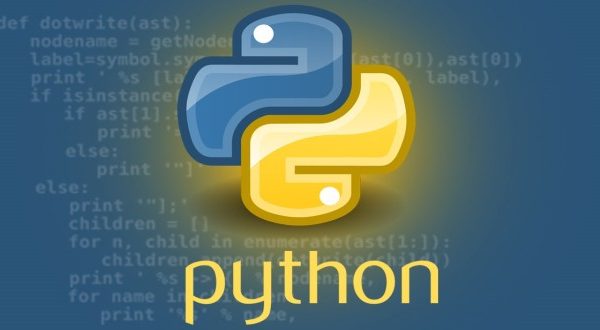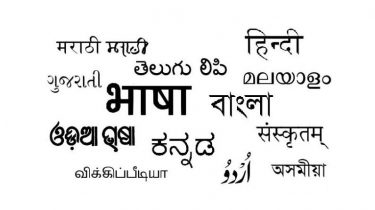How to Upload Files with Python’s requests Library
Introduction Python is supported by many libraries which simplify data transfer over HTTP. The requests library is one of the most popular Python packages as it’s heavily used in web scraping. It’s also popular for interacting with servers! The library makes it easy to upload data in a popular format like JSON, but also makes it easy to upload files as well. In this tutorial, we will take a look at how to upload files using Python’s requests library. The […]
Read more

